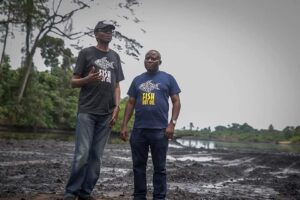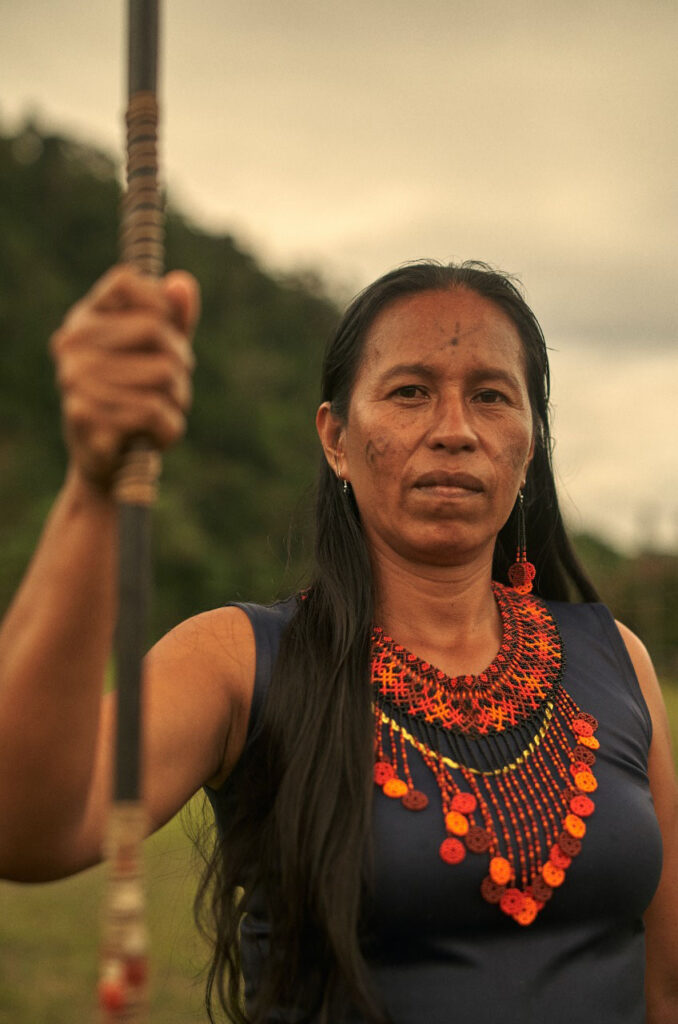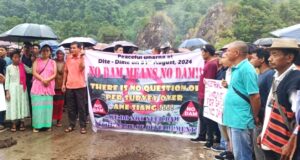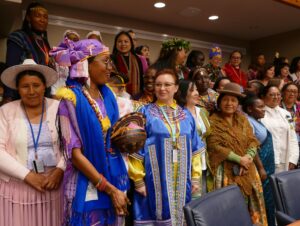
Statement on the Contemplated Resumption of Oil Extraction in Ogoni Land
We endorse the statement from allied civil society organizations that, concerned about the catastrophic consequences of oil spills, gas flaring, and poor remediation efforts, which have left the land, water,



